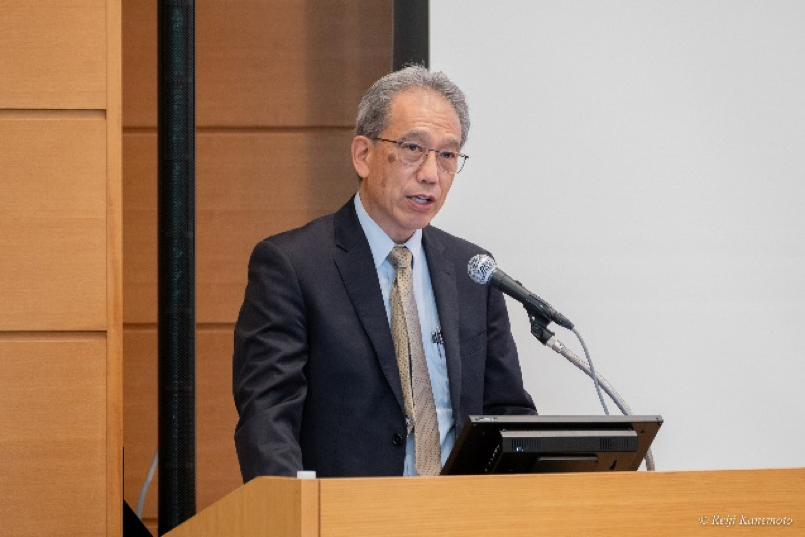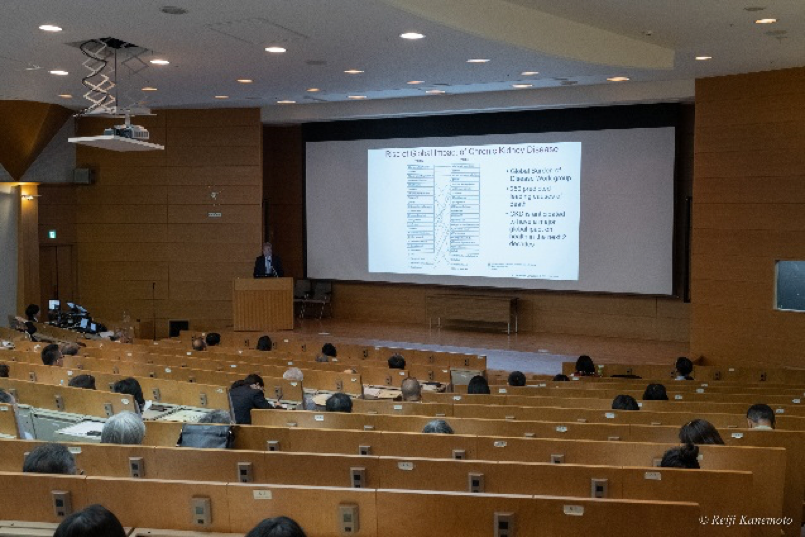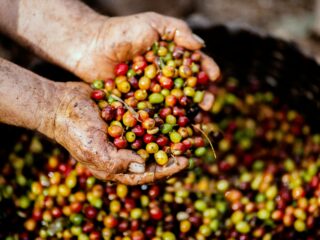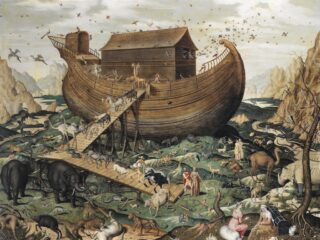Tokyo College Event “Kidney Diseases: Taming the Silent Killer” by Prof. Mark D. Okusa
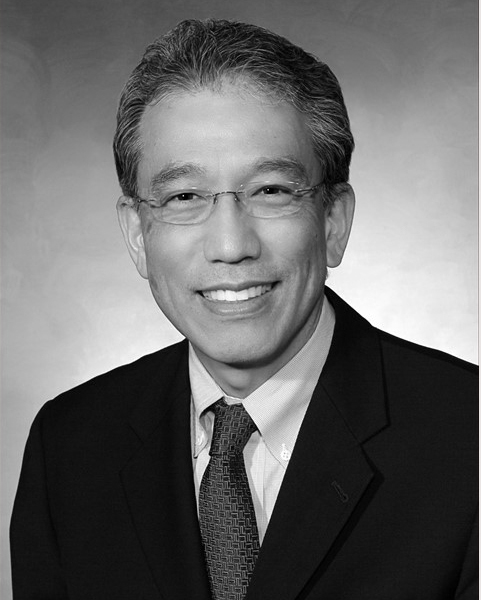
Tokyo College held a public lecture on “Kidney Diseases: Taming the Silent Killer.”
On September 19, 2019, Professor Mark D. Okusa (University of Virginia) gave a lecture on “Kidney Diseases: Taming the Silent Killer.” Professor Okusa, Chief of Nephrology at the University of Virginia and a leader in research relating to Acute Kidney Injury (AKI) and immunology introduced the burden of kidney disease (a global issue), kidney failure, health policy, and landmark studies in nephrology, and discussed forward-thinking kidney research and innovation. In the latter half of the session, Professor Okusa participated in a three-way discussion with Project Professor Reiko Inagi (University of Tokyo) and Associate Professor Kent Doi (University of Tokyo).
The function of the kidneys, and increasing kidney disease
After an explanation of the purpose of the lecture from Professor Satoru Ohtake (College Deputy Director), Professor Okusa stated that the kidneys are among the most important organs in the body, creating hormones and maintaining bone health, and influencing blood cells, excretion, and blood pressure, but kidney disease is a subtle and silent disease. At present there are 850 million people around the world suffering from kidney disease (twice the number of diabetics and 20 times the number of HIV patients), and even in Japan there are 13 million patients with Chronic Kidney Disease (CKD), and 300,000 people who have undergone dialysis or transplant. Although there are regional and gender differences, End-Stage Renal Disease (ESRD) has become a global problem.
Kidney disease as a global problem
Professor Okusa then positioned the cost of treating kidney disease as a global problem. Because kidney disease is expensive to treat, and because there is a limited number of the machines required for dialysis, there is the problem that access to treatment is not evenly distributed. Professor Okusa used the example of public health policy in the United States to explain this. In 1972 President Richard Nixon signed a law to extend the coverage of government-funded Medicare to include patients with kidney failure in America, resulting in the provision of subsidies for patients over 65 years old and to dialysis patients. In recent years, although it has become possible to use a new immunosuppressant drug azathioprine, and the potential for transplant has widened, the financial burden has continued to be a problem. Professor Okusa noted that governments will continue to bear the costs for treatment of kidney failure going forward, and that it is necessary to implement sustainable policies.
Innovation and the future
Professor Okusa introduced the genetic insights from a study of African-Americans, and research published in the New England Journal of Medicine in 2019 in which an association was indicated between canagliflozin and clinical outcomes for type 2 diabetes and kidney disease, as recent landmark studies. He said that in the future 3D and AI technologies may make it possible to predict kidney disease. However, Professor Okusa pointed out that it is necessary to overcome the significant gap referred to as the “valley of death” in order to apply new discoveries and innovations to actual treatment, and stated that public-private partnership is important in order to compensate for insufficient product development funding.
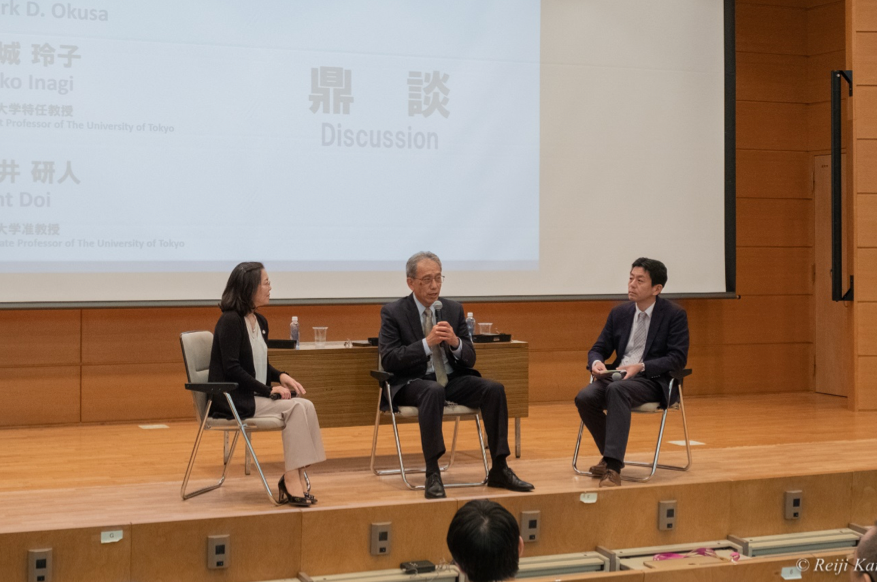
Three-way discussion
After the lecture, Professor Okusa participated in a three-way discussion with Project Professor Inagi, who specializes in molecular biology and nephrology, and Associate Professor Doi, who specializes in emergency medicine, considering the treatment of kidney disease and its future from the perspectives of research and treatment. The participants exchanged views on the future of artificial organs and the prevention of kidney disease, and there was a question from the floor on what is needed in the future to create an organ atlas. Professor Okusa responded that once we understand a single cell in the kidneys, we should understand which drugs can treat a particular disease. He also spoke some words of encouragement for the young doctors gathered at the venue, saying that nephrologists need to understand not only the kidneys, but also the heart, lungs, and digestive organs, and that nephrologists might be the best physicians.
| Date(s) | September 19th (Thu), 2019, 5:00-6:30pm (4:30 pm Doors Open) |
|---|---|
| Venue |
Tetsumon Memorial Hall, The University of Tokyo (14F, Faculty of Medicine Experimental Research Bldg., Hongo Campus) |
| Registration | Pre-registration required (250 seats available -First come, first served) |
| Language | English and Japanese(Simultaneous translation available) |
| Organized by | Tokyo College, The University of Tokyo |
| Contact | tcevent@graffiti97.co.jp |


